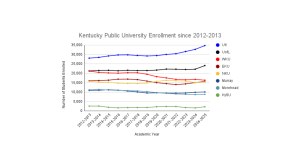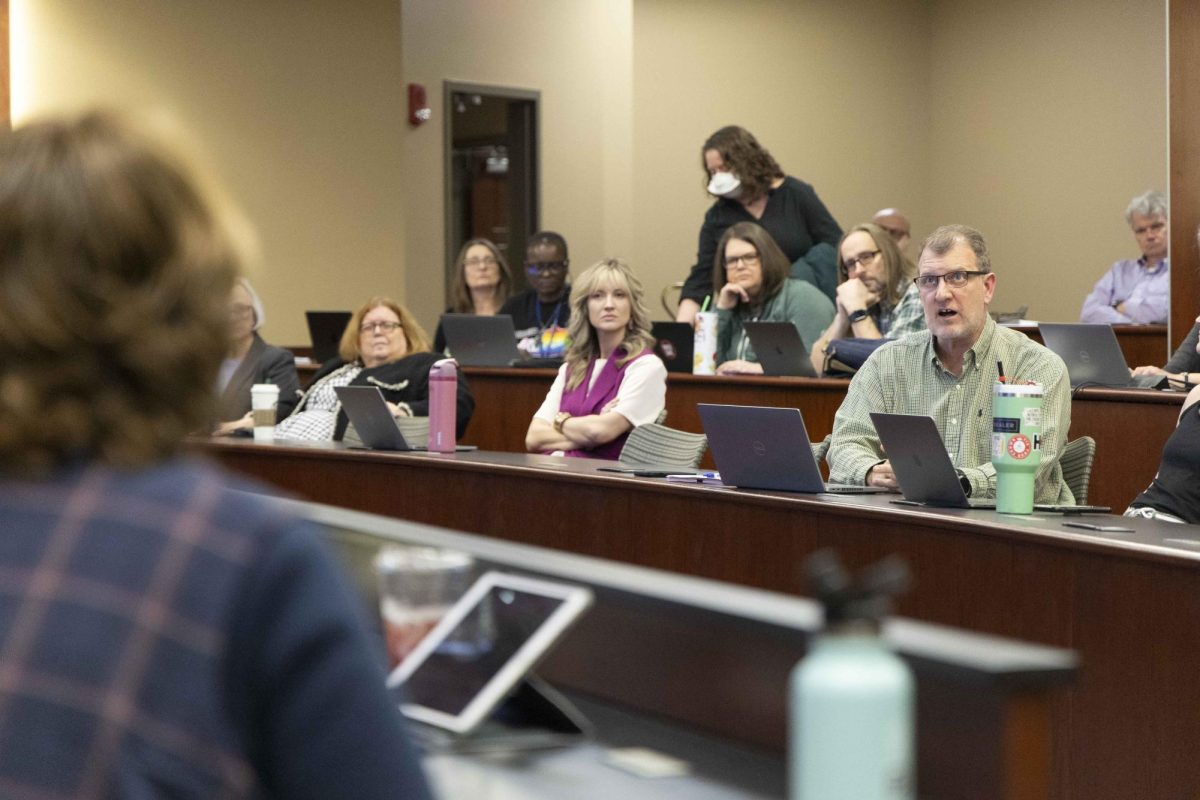SGA passes budget and election codes in productive pre-election meeting
September 19, 2019
SGA’s senate and executive branch came to a resolution on its yearly budget and election codes this Tuesday.
The compromise comes after an argument over fund designation during last week’s meeting. The SGA hopes to get the gears turning and begin more official work, especially as the Sept. 25 and 26 fall elections loom on the horizon.
The budget, addressed first in the meeting’s “unfinished business” section, was presented generally as-was. The exception to this was a three-part “Budget Stipulations” addition to the bill itself. This mandated that the money in “special projects fund” portion of the budget should only be used for the first year village project plans.
It stipulated that money not used by March 3 of next year would be rationed 50% to senate discretionary, 40% to executive discretionary and 10% to voucher funding. Senate discretionary will receive half of the funds if no money is used, with $750 going to executive discretionary and the remainder to voucher funding.
The vote was a unanimous yes, and all 13 senators approved the budget with its resolution.
The senate’s passing of the budget allowed two other bills, 1-19-F (Greeks Go Green) and 2-19-F (SGA funding for Bowling Green Pride), to also be passed unanimously.
The senate was also successful in making amendments to SGA’s election codes, which were discussed at length in Tuesday’s meeting. One of these amendments halved the maximum for all campaign spending. This, the senate felt, would level the playing field for low-income students running for executive or judiciary positions.
The campaign maximums in the election codes, before being amended, were $300 for presidential candidates, $125 for executive and administrative vice president candidates and $50 for all student senate candidates.
Administrative Vice President Kenan Mujkanovic recognized an intimidation factor, but asked the senate to recognize that the $50 was a maximum, not a minimum. Many current members of the senate added they had used little to no money in their senate campaigns, and still held a seat.
“If it came to the point where you needed $50 to run, I think a lot of us wouldn’t be able to,” said Legislative Research Chair Josh Zaczek.
Executive Vice President Garrett Edmonds also pointed out that lowering the amount of money campaigners could spend would negatively affect SGA’s outreach. He called SGA’s voter turnout, specifically its executive branch, “awful” compared to the campus population.
“To effectively reach the entirety of campus, that’s a good amount for right now,” Edmonds said in regard to the $50 senator maximum spending. “And I would argue that it’s honestly not enough.”
Edmonds estimated that 1,500 students voted in SGA elections last year, a number he believed to be “not very representative.”
Symone Whalin, a senator who ran for an executive position last year, had financial troubles in her own campaign to the point where she used her personal credit card. She pointed out the pressures to spend often onset by opponents with a larger campaign budget.
“I understand that you want to spend money to reach students,” Whalin said. “But there are also cost-effective ways of doing it… to actually engage with students.”
Whalin’s campaign, although not resulting in election, later utilized buttons and yard signs as the most effective strategies on a low-cost budget.
“There is a precedent that’s set on poor students being less likely to run for executive positions because they feel like they can’t afford it,” Whalin added.
These election codes will be debated and amended again before SGA’s spring election. Numerous senators cast doubts about the stability of these amendments, as the senate was not yet at “full strength.”
Fall elections will be held on Sept. 25 and 26 on TopNet. The results will be posted on Sept. 27 in the senate chambers or DSU 2081.
News reporter Brody Rexing can be reached at 270-745-6011 and Brody.Rexing586@topper.wku.edu.
















